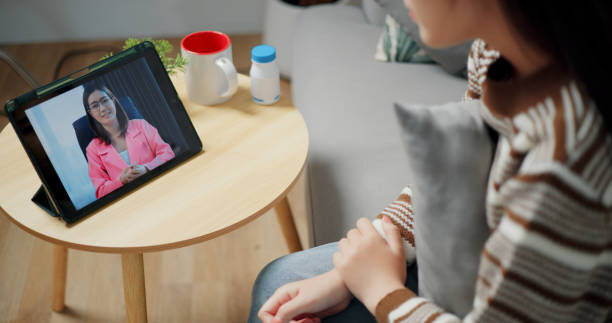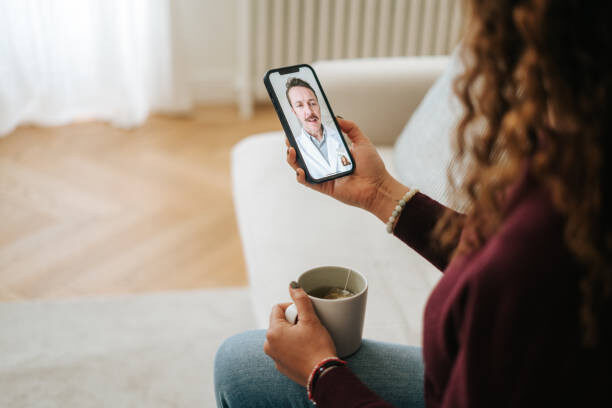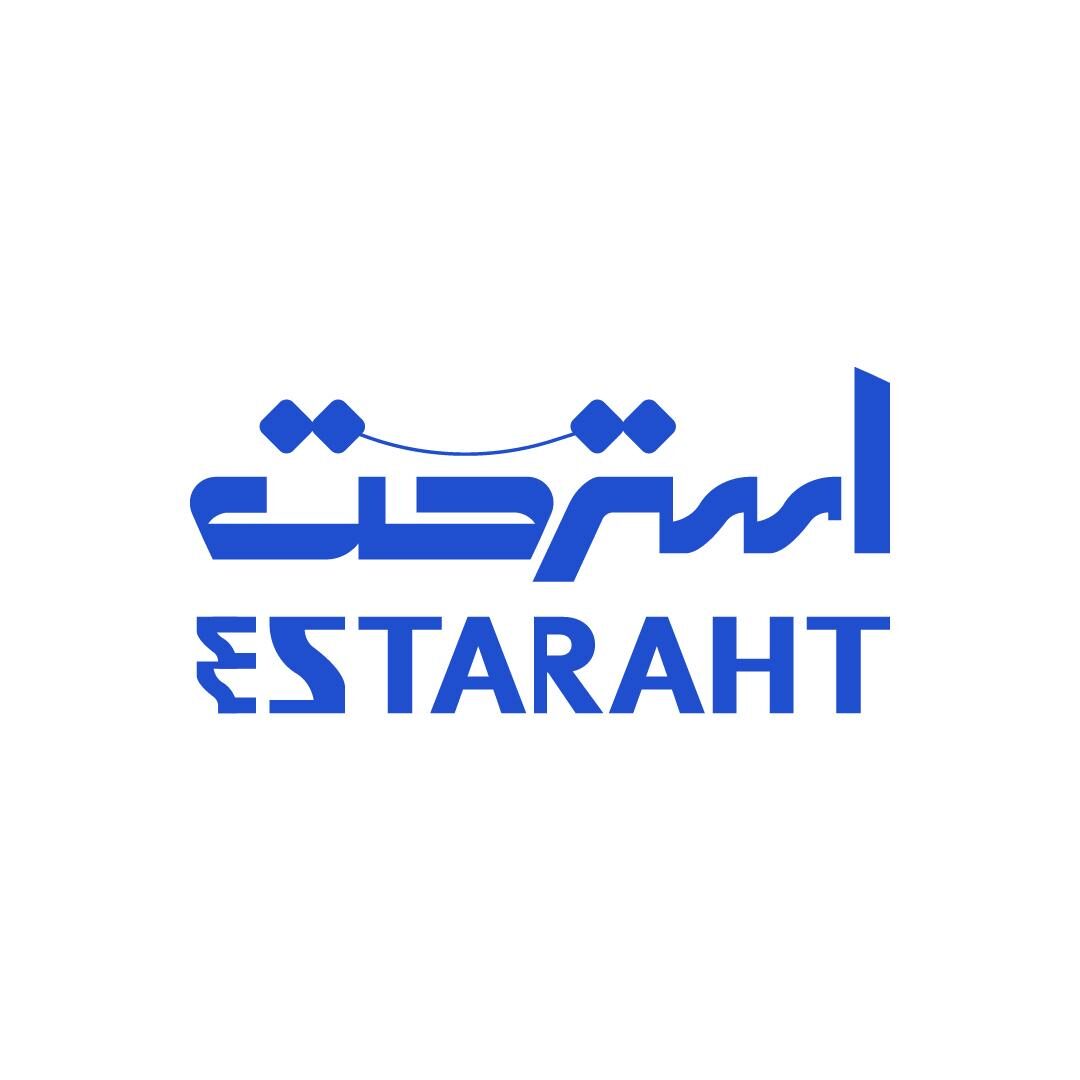When I first considered therapy, it wasn’t the stigma that held me back.
It was the language.
I didn’t want to translate my emotions into English. I didn’t want to explain what “ayb” meant, or why I felt guilty over things that didn’t make sense to outsiders. I wanted to talk freely. In Arabic. With someone who gets it.
So I searched for Arabic therapy platforms.
What I found were global apps that added an Arabic-speaking therapist to a list for a single task. Apps with translated interfaces, but English-first onboarding. Platforms that felt like they were built somewhere else for someone else.
That’s the problem.
Therapy in Arabic isn’t a feature. It’s a foundation. And if you’ve ever tried to open up in your second language, you already know why that matters.
In this guide, I’ll show you the top platforms for online therapy services in Arabic, how they actually compare, and what to watch out for if you want support that doesn’t feel lost in translation.
Let’s get honest.
TL;DR
If you’re searching for the top platforms for online therapy services in Arabic, the real list is shorter than you’d think. Most platforms support Arabic as an afterthought. Estaraht was built around it.
Here’s what this guide covers:
- Why most global therapy apps fail Arabic speakers: long wait times, subscription traps, and poor cultural context.
- How Estaraht flips the script: Arabic-first design, anonymous sessions, and fast therapist booking with no forms or delays.
- In a side-by-side comparison we directly compare Estaraht, Labayh, and Shezlong on privacy, speed, therapist quality, and user experience.
- Who Estaraht is really for: Arab expats, first-timers, and anyone who wants therapy that feels human, not clinical.
- No fluff list just three actual Arabic platforms that work. No padded rankings. No affiliate noise.
Want therapy in your language, without having to explain your world?
Estaraht might be the only platform that truly gets it.
Why Language Matters in Therapy and Translation Isn’t Enough
Let’s get one thing clear: Just because a therapist speaks Arabic doesn’t mean the platform supports Arabic.
I’ve seen it firsthand. You download a global therapy app. The interface is half-translated. The onboarding form asks about your “panic episodes,” but doesn’t know the word “khar’a.” The therapist profile says “fluent in Arabic,” but their calendar is set to EST, and their replies feel like Google Translate warmed over.
It’s not enough.
Therapy is not a transaction. It’s not a checklist of symptoms. It’s a human connection and that connection breaks the second you have to explain your context instead of just living it.
Arabic therapy should feel like home, not like homework.
When someone says “أنا تعبان,” you don’t need to ask what kind of tired. You feel it. You know it’s layered. It’s mental, emotional, physical, existential all wrapped into one word.
That’s what’s missing from most platforms claiming to offer “therapy services in Arabic.” They offer words, not meaning. Features, not comfort.
Here’s the rule of thumb: If the app makes you switch mental gears just to describe how you feel, it’s not really for you.
Real Arabic-first platforms don’t just understand the language. They understand why you need it.
Next, we’ll look at which ones actually deliver.
The Real Arabic Therapy Platforms: What’s Out There?
Most lists will throw ten names at you and call it a day. We won’t do that here.
Because if you’ve ever downloaded an app, filled out a long form, only to realize your only Arabic-speaking match is “available next week,” you already know not all platforms are built equal.
Let’s get into the real options.
1. Estaraht Private Therapy That Starts With You
This isn’t a global app with Arabic bolted on. Estaraht was built from the ground up for Arabic-speaking users especially Gulf expats and youth who want full privacy, cultural alignment, and no judgment.
Here’s what sets it apart:
- Anonymous by default: You don’t even need to share your name.
- Chat-first experience: Perfect for those who find talking hard but want to open up in writing.
- Real Arab therapists: Licensed professionals from the region, not outsourced profiles.
- Instant self-tests in Arabic: From anxiety to burnout, no sign-up required.
Booking a session is just a few taps. No forms. No matching waitlist. You open the app, pick a therapist, and you’re in.
If you want something that feels Arabic, not just reads Arabic, this is it.
2. Labayh A Well-Known Name With Mixed Reviews
Labayh is one of the earliest players in the Saudi online therapy space. It’s legit, but some users say it feels more like a scheduling tool than a support space.
Pros:
- Wide pool of therapists
- Native Arabic interface
- Good for voice sessions
Cons:
- Some therapists aren’t active or responsive
- Pricing isn’t always clear
- Feels more like a directory than a support platform
It’s a good option if you already know who you want to book with. Less ideal if you’re seeking comfort and clarity from the first tap.
3. Shezlong Egyptian-Based Platform With Pan-Arab Reach
Shezlong’s strength is its reach. You’ll find therapists from Egypt, Jordan, and beyond. The app does support Arabic, but the user flow can feel cluttered.
Pros:
- Video sessions available
- Affordable pricing in some regions
- Cultural familiarity (for some)
Cons:
- Not fully private by default
- UI feels clunky on mobile
- Therapist quality varies widely
If cost is your main concern, it’s worth a look. If privacy and friction-free experience matter most, it may fall short.
4. Arab Therapy: A Platform Still Finding Its Voice
This one tries but feels more like a startup still figuring things out. Some users like the regional focus, but feedback on therapist quality and user interface is mixed.
Pros:
- Focused on Arab users
- Simple design
Cons:
- Limited therapist pool
- Few self-help features
- Sessions are sometimes canceled or rescheduled at the last minute.
Use it only if the other options don’t work for you.
What You Should Really Be Asking
Don’t just ask: “Which platform supports Arabic?”
Ask: “Which platform understands what it means to speak Arabic when I’m in pain?”
There’s a big difference. And only a few apps truly get it.
Next, I’ll show you why Estaraht isn’t just a good option, it’s the only one built for the full emotional weight of booking therapy in Arabic.
Ready?
Let’s dig in.
What Makes Estaraht Different: Built for Arabic, Not Just Supporting It
Most platforms offering “therapy services in Arabic” are global by design and regional by necessity.
They translate just enough. Hire just enough Arabic-speaking therapists. Then call it inclusion.
But Estaraht didn’t start as a global mental health app. It started as a personal need.
The team behind Estaraht didn’t build it from a Silicon Valley boardroom. They built it because they needed therapy themselves and couldn’t find a space that felt right. Not in Arabic. Not without stigma. Not without friction.
So they built the platform they wished they had.
And it shows.
1. Anonymous by Default, Not by Request
You don’t have to “opt in” to privacy. Estaraht assumes you want it—no name required. No ID. Just choose a nickname and start.
In a region where shame and fear often stop people from even trying, this matters more than any headline feature.
2. Cultural Awareness Is Not a Bonus. It’s the Starting Point.
Therapists on Estaraht aren’t just fluent in Arabic. They understand what it means when you say:
- “I’m the eldest. I can’t talk to my family about this.”
- “I haven’t cried in years because I was taught that’s weak.”
- “No one around me even believes in therapy.”
You’re not explaining your culture. You’re just being heard.
3. Fast, Real Sessions No Bureaucracy
Most apps will make you wait 24 to 48 hours to get “matched.”
Estaraht skips the matching game.
You open the app. You see available therapists. You choose.
Some even reply to text messages within the hour.
It’s not magic. It’s just a platform that respects your urgency.
4. Built-In Tools, Fully in Arabic
From self-tests to emotional tracking, everything inside the app feels natural to a native Arabic speaker.
There’s no second-guessing the meaning of a question. No awkward phrasing. No “clinical” translation that loses the soul of what you’re trying to say.
And when you take a test for anxiety, panic, or emotional regulation, you don’t get a robotic chart. You get clear, human feedback you can act on.
In a market full of apps that “support” Arabic, Estaraht is the rare platform that actually understands why Arabic matters and how mental health support feels different when it meets you in your language.
Up next: we’ll compare feature-by-feature how Estaraht holds up against others in the realm of online therapy services in Arabic.
Side-by-Side: Estaraht vs Other Arabic Therapy Platforms
Let’s stop pretending that all platforms offering Arabic therapy are interchangeable.
They’re not.
The difference isn’t just about design or pricing. It’s about what happens the moment you say, “I need help,” and the platform either makes that easy or makes you regret saying it.
Here’s how Estaraht actually stacks up, based on what really matters:
| Feature | Estaraht | Labayh | Shezlong | Other Global Apps |
| Arabic-first design | Yes, built for Arabic users | Yes, but not native | Yes, but Egypt-centric | No |
| Full privacy without ID | Yes, anonymous by default | No | No | Rarely |
| Therapist quality | Certified Arab therapists, handpicked | Mixed reviews | Inconsistent | Often low-context |
| Session types | Text, audio, video | Mostly video | Video | Varies |
| Booking flow | Choose and book instantly | Some delays | Can be confusing | Usually matched after 24–48h |
| Self-tests in Arabic | Yes, free, instant, no login | Limited | None | Usually in English |
| Cultural understanding | Deep, no need to explain yourself | Basic | Depends on the therapist | Minimal |
| Pricing transparency | Clear, upfront per session | Varies | Affordable but unclear tiers | Hidden under subscriptions |
What This Table Doesn’t Show
It doesn’t show how it feels to open an app and immediately feel safe. Or how important it is to use your own words without translating your pain into another culture’s script.
Those are the things you don’t measure in checkboxes, but they’re the difference between logging in and logging off.
Estaraht isn’t just a platform that works in Arabic. It’s a platform that works because it was built in Arabic.
That’s the part most others miss.
Up next: we’ll close this out with a real answer to the original question: what are the top platforms for online therapy services in Arabic? And why Estaraht sits at the top for a reason.
So, What’s the Best Online Therapy Platform in Arabic?
Here’s the truth most articles won’t tell you: There aren’t many real options.
There are platforms that include Arabic. There are platforms that translate content. And there are platforms where you might find an Arabic-speaking therapist if you dig long enough.
But if you’re looking for a place where:
- The entire experience feels like it was made for you, not just translated.
- You can book therapy the moment you’re ready without friction, judgment, or paperwork.
- You don’t need to explain your culture before you talk about your pain.
Then the list gets short.
The Real Top Platforms for Therapy in Arabic
- Estaraht: Built by Arab expats, for Arab expats. Full Arabic UI. Anonymous sessions. Certified Arab therapists. Real privacy. No subscriptions. Just book and talk.
- Labayh: A popular option in Saudi Arabia, especially for users comfortable with app-based scheduling. The service offers licensed therapists and an Arabic interface. Less anonymous, and sessions are mostly video-only.
- Shezlong: Cairo-based with a decent therapist network. Pricing is affordable. But users report mixed therapist quality, and the onboarding process can feel dated.
That’s it. If anyone tries to add a #4, they’re probably just stuffing a list for SEO.
Most global platforms? They weren’t made for us. They don’t understand the stigma we carry, the words we use, or the quiet fear that comes with even opening the app.
Estaraht isn’t perfect. But it’s the only one I’ve seen that gets the feeling right the moment when you say, “I need to talk to someone,” and the app quietly responds, “We’re here. Let’s begin.”














